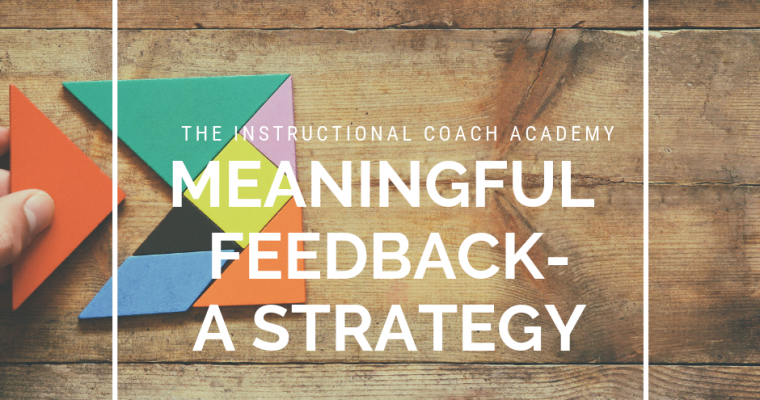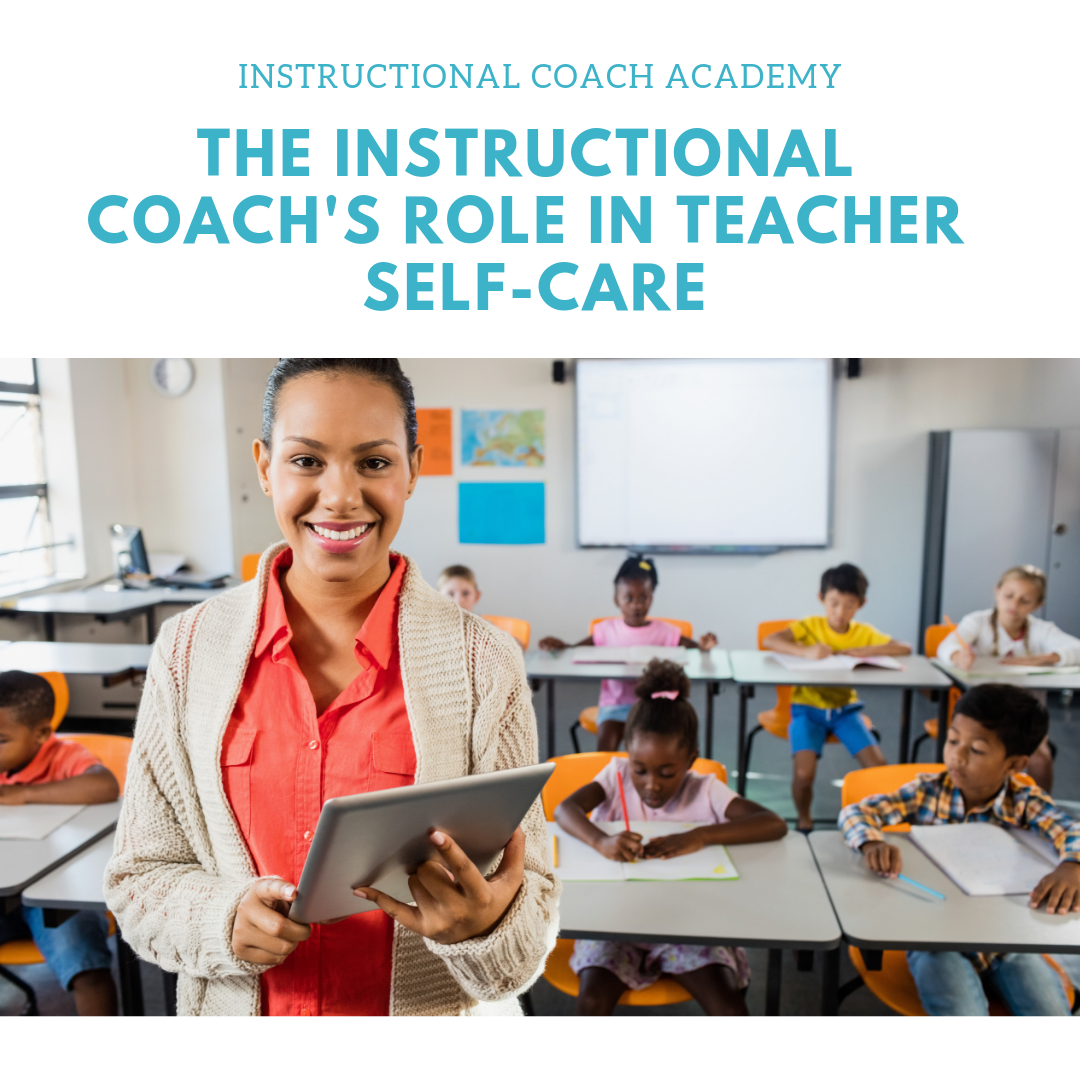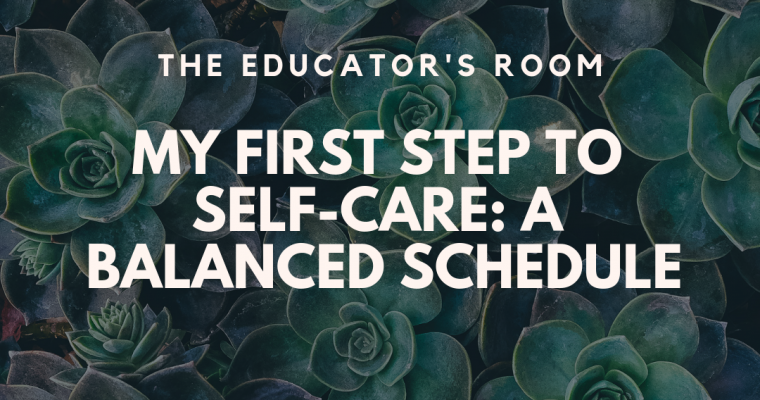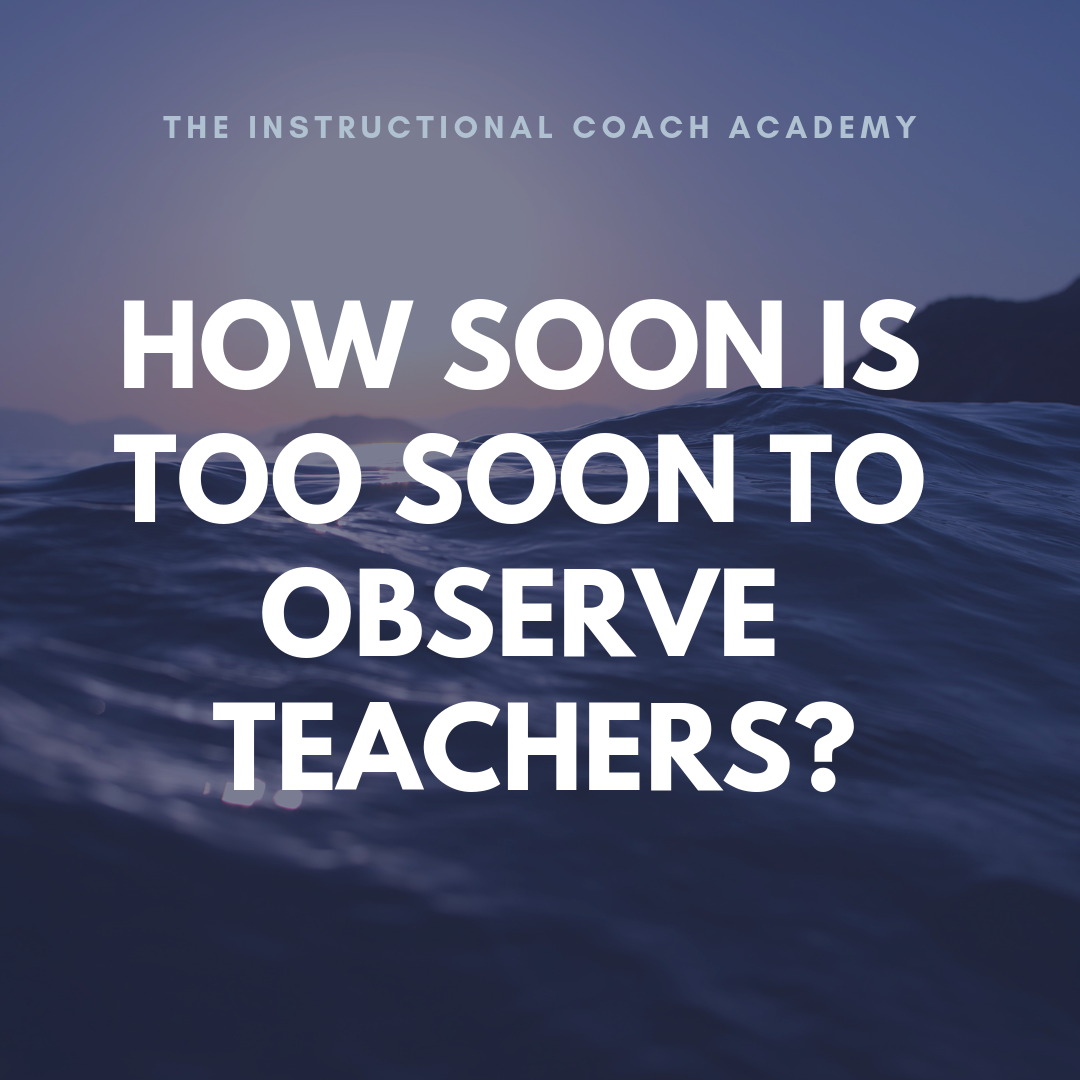The Value of Coaching Light
Before I started coaching full-time, I used to wonder what the value of coaching light could be. For those who aren’t familiar with the terms coaching light or heavy, I suggest you check out Coaching: Approaches and Perspectives and other works by Jim Knight or […]







